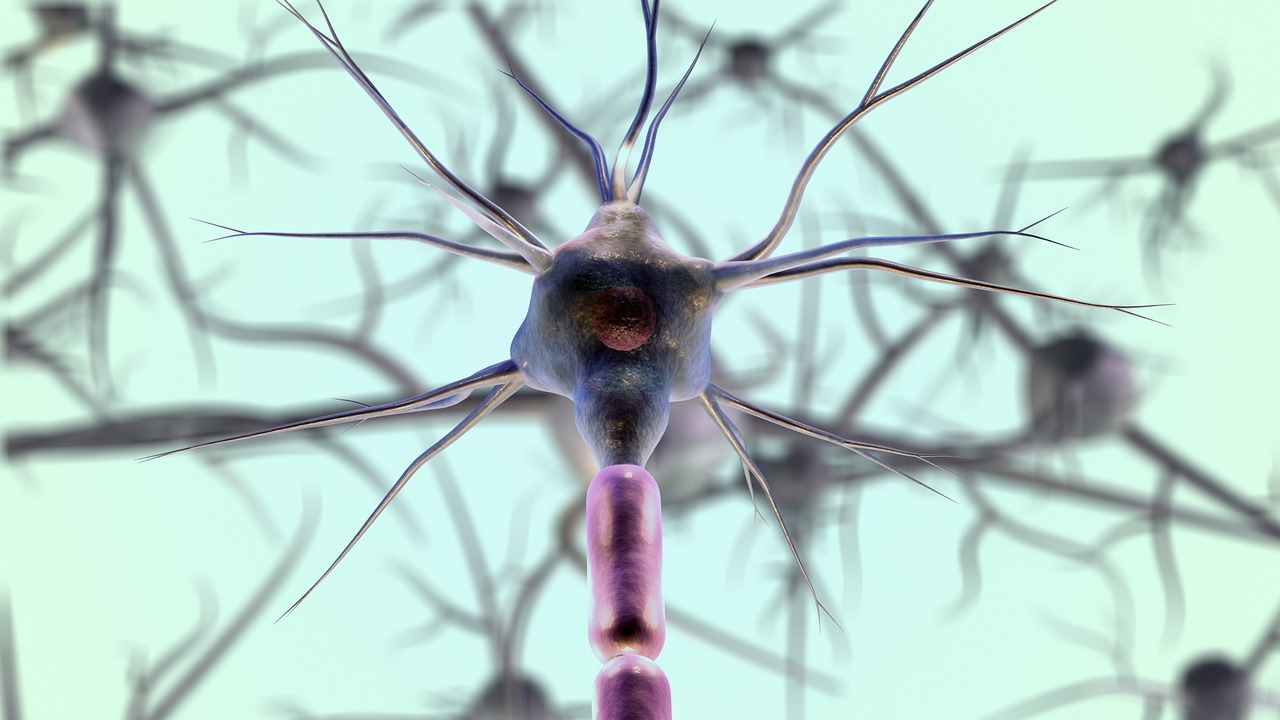Understanding the Health Benefits of Mirror Neurons
Have you ever wondered why you yawn when someone else does the same, or why you feel the urge to smile back when a stranger grins at you? The answer lies in our complex brain system, specifically in a component known as mirror neurons. It was during the 1990s that a group of Italian neurophysiologists stumbled upon a curious phenomenon. They observed that certain neurons in the brains of macaque monkeys would fire not only when the monkeys performed an action, but also when they saw another monkey perform the same action. These were later named 'mirror neurons,' and their discovery sparked a wave of interest in the scientific community.

The Role of Mirror Neurons in Empathy and Social Interaction
Mirror neurons are thought to play a critical role in understanding the actions and intentions of others, which is a fundamental aspect of social interaction. They allow us to ‘mirror’ the emotional state of another person, helping us feel empathy. This neurological process is automatic and unconscious, enabling us to connect with others at an emotional level without conscious effort.
The Importance of Mirror Neurons in Learning and Development
The ability to learn through imitation is a critical aspect of human development, particularly during infancy and childhood. This imitation-based learning is primarily driven by mirror neurons. They allow children to mimic the actions and behaviors of adults, facilitating the acquisition of essential skills and behaviors.
The Health Implications of Mirror Neurons
Some research suggests that alterations in the mirror neuron system may contribute to certain neurological and psychiatric conditions, such as autism and schizophrenia. For instance, individuals with autism often struggle with social and emotional understanding, which could be linked to abnormalities in the mirror neuron system. If this connection is further validated, it could open new avenues for therapeutic approaches.
A Closer Look at Mirror Neurons and Physical Fitness
In the realm of physical fitness, mirror neurons play a vital role. Watching someone perform an exercise can activate our mirror neurons, helping us learn and reproduce the movements accurately. This is why visual demonstration is a powerful tool in sports training and rehabilitation.
Fascinating Facts about Mirror Neurons
- Mirror neurons are not unique to humans; they have been identified in several other species, including birds and rodents.
- Mirror neuron activity can be influenced by cultural factors. For instance, a study found that the mirror neuron responses of Italians and Japanese people differed when they watched culturally familiar gestures.
- Our mirror neuron system can be trained and improved. Mindfulness and meditation practices, for instance, can enhance our empathetic responses by strengthening our mirror neuron system.
The discovery of mirror neurons has revolutionized our understanding of the human brain and its functions. From empathy and social interaction to learning and fitness, they play a crucial role in various aspects of our lives. Research in this area continues to uncover exciting prospects for improving our health and well-being through a better understanding of these remarkable neurons. As we continue to delve deeper into the wonders of the human brain, the insights we gain could empower us to lead healthier, more connected lives.




